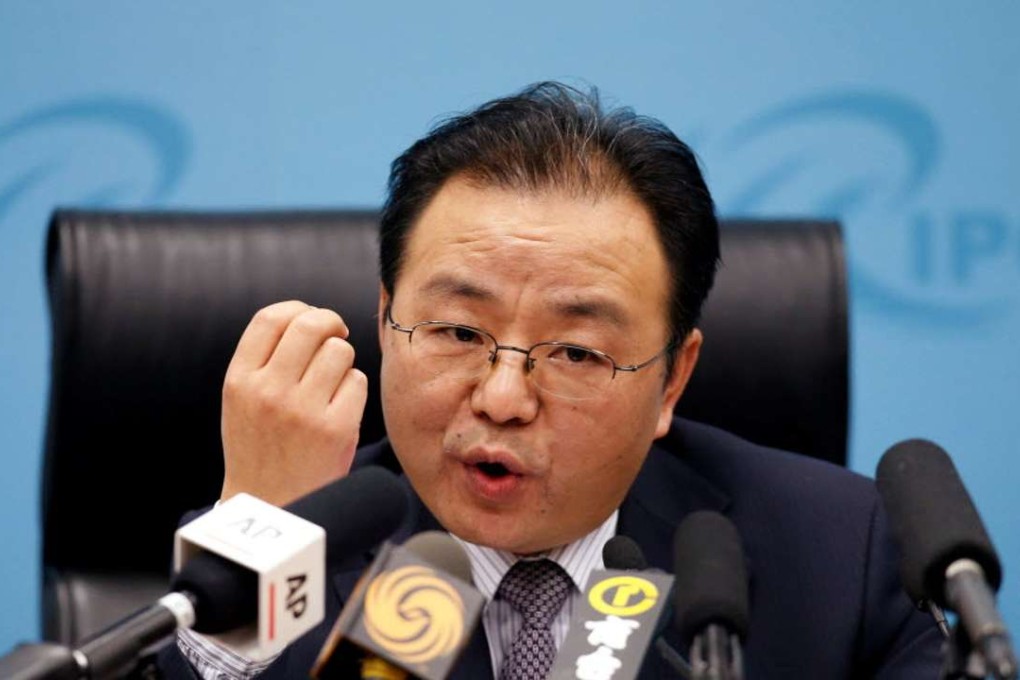Like ‘coiling a spring’: Chinese diplomat warns countries against pressuring Beijing over South China Sea
China steps up rhetoric ahead of a ruling by the Permanent Court of Arbitration in The Hague on case filed by the Philippines

Chinese diplomats have stepped up their rhetoric amid criticism of Beijing’s assertive policies in the South China Sea disputes ahead of a high-stakes court ruling.
While China was open to “constructive comments and criticism by the relevant countries”, it also had the right to fight back, Ouyang Yujing, director general of the foreign ministry’s Department of Boundary and Ocean Affairs, said.
“If [criticisms] are aimed at putting pressure on China or blackening its name, then you can view it like a spring, which has an applied force and a counterforce. The more the pressure, the greater the reaction,” he said yesterday.
Beijing has been widely criticised for island-building in the sea, where China has overlapping claims with the Philippines, Brunei, Vietnam and Malaysia, and for rejecting the authority of the Permanent Court of Arbitration in The Hague over the disputes. The court is expected to rule against China in a case brought by the Philippines in the next few weeks.
Beijing has been scrambling to fend off criticism and shore up support from allies to limit the fallout from an unfavourable ruling.
Ouyang accused the Philippines of ignoring China’s historical rights to the territory and “illegally occupying” Chinese islands from the 1960s.
The UN Law on the Sea, to which China and the Philippines are signatories, does not recognise historical rights as a basis for sovereignty in places like the South China Sea.